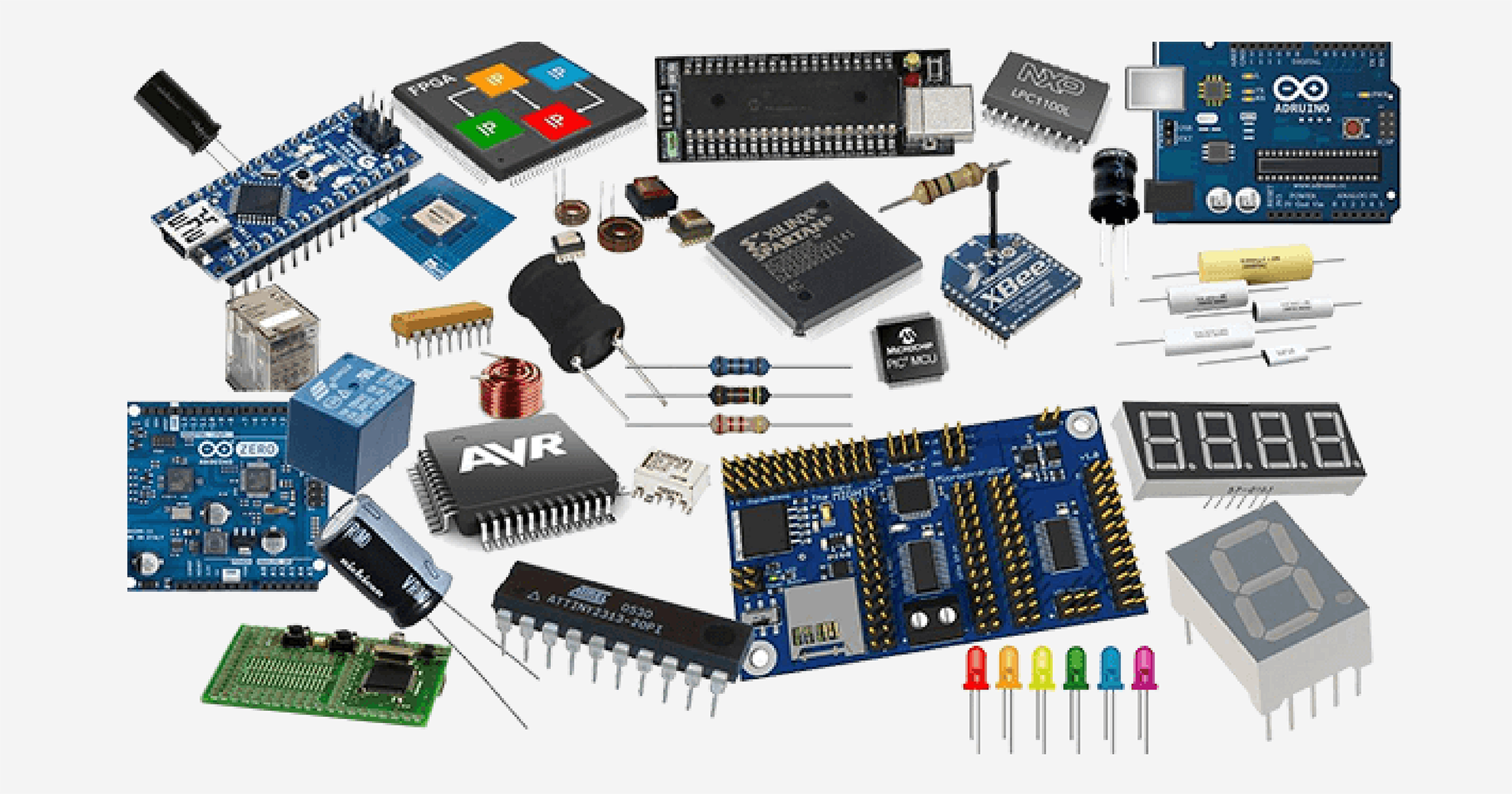Essential Inductor Applications: A Practical Guide for Engineers and Purchasers
Inductors play a fundamental role in a wide range of electronic applications, from power supplies to communication systems. For those in procurement and engineering roles, understanding the latest inductor model numbers and their specifications is essential to make informed choices. This article provides a practical guide to popular inductor model numbers, categorized by manufacturer, application, parts, packaging, and case types in the electronic components industry.
Key Inductor Models and Their Manufacturers
Inductor models vary widely depending on their specifications and use cases.
Part Number: TDK B82422H
Applications: Automotive applications, including electric vehicle (EV) systems and advanced driver-assistance systems (ADAS).
Description: High reliability, the B82422H inductor is designed for automotive use, providing stability even under harsh environmental conditions. It has excellent current handling capacity and high saturation characteristics.
Package/Case: SMD (Surface-Mounted Device) package for easy integration into compact designs.
Part Number: Murata LQW Series
Applications: Telecommunications, particularly 5G infrastructure and IoT devices.
Description: The LQW Series from Murata stands out for its low-resistance and high-Q factor, making it ideal for high-frequency applications. These inductors improve the efficiency of RF (radio frequency) circuits.
Package/Case: The series is available in standard SMD packages, providing compatibility with automated assembly processes in high-volume production.
Part Number: Coilcraft XEL50xx Series
Applications: Power electronics, specifically in DC-DC converters and voltage regulators.
Description: The XEL50xx series is designed for high-power applications, offering reduced core losses and high efficiency under high-current conditions. This series is a go-to choice for applications that require stable performance under heavy load.
Package/Case: SMD packaging with a robust, heat-resistant design, suitable for compact PCB layouts.
Applications and Key Benefits of Inductors in Electronics
Here are some common applications and the specific advantages that modern inductor models bring to each:
1. Power Supply Circuits
Use: Inductors in power supply circuits help in filtering and maintaining a steady DC output.
Benefits: Advanced inductors, like those in the Coilcraft XEL series, provide low core loss and high efficiency, enhancing the performance of power supplies by minimizing energy loss, which is crucial for industrial and high-performance applications.
2. RF Circuits
Use: In RF (radio frequency) applications, inductors play a critical role in frequency selection and filtering.
Benefits: Models like Murata’s LQW series excel in high-Q applications, which is essential for reducing signal losses and ensuring strong signal integrity. Their high precision makes them valuable in 5G and IoT, where reliability and high data rates are paramount.
3. Automotive Electronics
Use: Automotive systems, especially in electric vehicles, require inductors for power management and EMI suppression.
Benefits: Automotive-grade inductors like TDK’s B82422H offer excellent thermal and electrical stability, enabling them to withstand the extreme temperature variations and mechanical stress typical of automotive environments.
Selecting the Right Inductor Based on Package and Case Type
The choice of inductor package and case type depends on the device's intended application and the layout of the printed circuit board (PCB). Here are some common package types and their ideal use cases:
SMD (Surface-Mounted Device): Most modern inductors come in SMD packages due to their compact size and compatibility with automated assembly lines. SMD inductors like Murata’s LQW series are ideal for high-frequency and compact applications where space is limited.
Axial and Radial Leaded: These types are more suited for through-hole applications and offer high current handling. They are often used in industrial power supplies and larger equipment where PCB space isn’t as limited.
Shielded and Unshielded Cases: Shielded inductors are beneficial in applications prone to electromagnetic interference (EMI), such as automotive and telecommunications. Unshielded types are typically more cost-effective but might introduce EMI issues if placed too close to sensitive circuits.
The Importance of Inductor Quality and Supplier Reliability
When sourcing inductors, quality and supplier reliability are paramount. Procurement professionals should look for inductors that meet specific industry standards, such as AEC-Q200 for automotive-grade components, which provides an extra level of assurance in high-stakes applications.
Conclusion
Inductors serves key functions in power regulation, signal filtering, and EMI management across various industries. Selecting the right inductor model requires understanding its specifications, the intended application, and package compatibility with the overall circuit design. With technology advancing rapidly, staying updated on the latest inductor models and their applications ensures optimized design and sourcing decisions.
For more information or to request a quote, please feel free to send us an RFQ.




